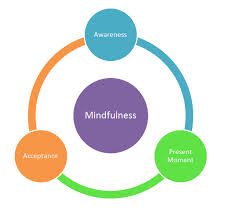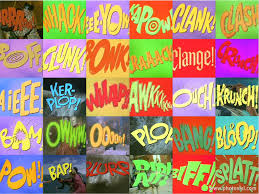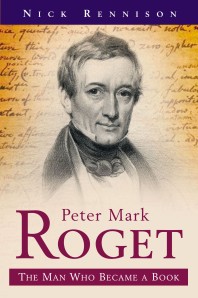I have had the pleasure of editing some of Ted’s work this past week, in preparation for our meeting Wednesday evening. Ted is a writer that I truly admire, and one of his best attributes, is his ability to say so much with so few words. It puts me in mind of Willa Cather, or Ernest Hemingway, two great American authors. As you can probably tell, minimisation of useless words is not a skill that I do well and is thus something that I aspire to. It is also something I attempt to remedy during the editing process.
Strunk & White in “The Elements of Style,” have this to say on the subject of omitting needless words:
“Vigorous writing is concise. A sentence should contain no unnecessary words, a paragraph no unnecessary sentences, for the same reason that a drawing should have no unnecessary lines and a machine no unnecessary parts. This requires not that the writer make all sentences short, or avoid all detail and treat subjects only in outline, but that every word tell.”
What if I were to rewrite the first paragraph of this post, to better represent “concise” writing, as described above?
I
havehad the pleasure of editingsome ofTed’s work this past week,in preparationfor our meeting Wednesday evening. Ted is a writer that Itrulyadmire, and one of his best attributes, is[especially] his ability to saysomuch withsofew words. It puts me in mind of[, much like] Willa Cather, or Ernest Hemingway, two great American authors.As you can probably tell,m[M]inimisation of useless words is not a skillthatIdo well[have]and is thus something[but one]thatI aspire to. It is also something I[and] attempt to remedy duringtheeditingprocess.
What do you think? Is the second attempt better? Probably yes. Is the writing more clear and concise? Definitely yes. But, and here is the real question, is it more enjoyable to read? In this case the answer is probably yes. But what about the idea of style? I am not a master at my craft, so it stands to reason that these types of rules will more likely than not, play a role in making my story easier to understand and more enjoyable to read. But what about those writers who are unequivocally masters.
What about those like John Steinbeck? Take this excerpt from “East of Eden:”
Adam looked out of his covered brain–out the long tunnels of his eyes–at the people of this world. His father, a one-legged natural force at first, installed justly to make little boys feel littler and stupid boys aware of their stupidity; and then–after god had crashed–he saw his father as the policeman laid on by birth, the officer who might be circumvented, or fooled, but never challenged. And out of the long tunnels of his eyes Adam saw his half-brother Charles as a bright being of another species, gifted with muscle and bone, speed and alertness, quite on a difference plane, to be admired as one admires the sleek lazy danger of a black leopard, not by any chance to be compared with one’s self. And it would no more have occurred to Adam to confide in his brother–to tell him the hunger, the gray dreams, the plans and the silent pleasures that lay at the back of the tunneled eyes–than to share his thoughts with a lovely tree or a pheasant in flight. Adam was glad of Charles the way a woman is glad of a fat diamond, and he depended on his brother in the way that same woman depends on the diamond’s glitter and the self security tied up in its worth; but love, affection, empathy, were beyond conception.
Now, what if we took out the extraneous words here? What would the story lose? What about the rhythm of the words? The flow? The sense that we get of the characters because of the perhaps “unnecessary” language?
Perhaps something to think about for our own writing.
Kristen





